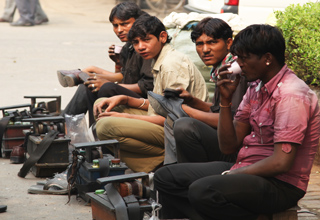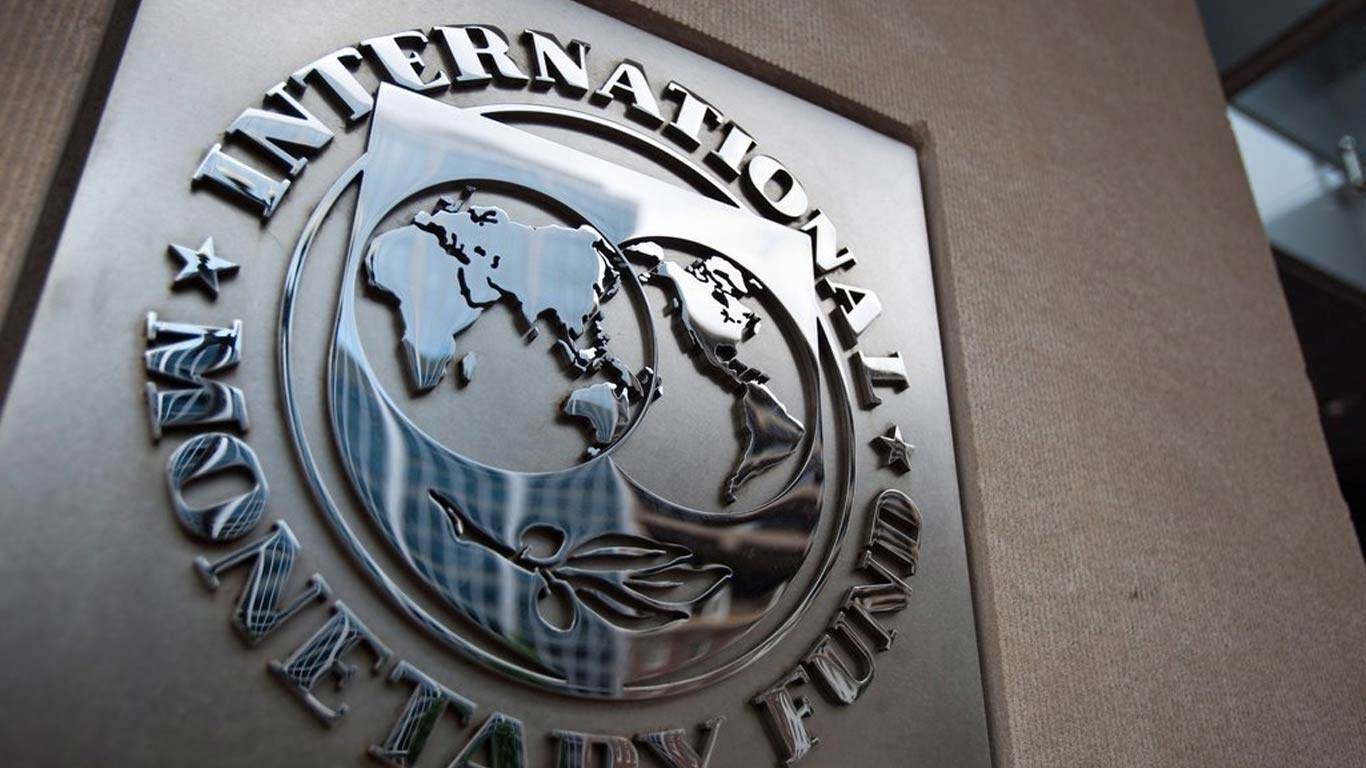Informal workforce - enterprise response to regulation
Updated: Jun 30, 2014 02:15:23pm

The study titled “Informality: Causes, Consequences and Policy Responses” by Ravi Kanbur, Professor of Economics, Cornell University, USA was placed on the RBI website today.
The paper classifies Indian workforce into four categories- workers employed in (i) formal sector (Category A) (ii) firms that evade regulation (Category B) (iii) firms that avoid regulation (Category C) and (iv) firms on which regulation does not apply (Category D).
“Informality in categories B and C is associated with enterprises smaller than they would be otherwise, with associated loss in output and perhaps dynamic losses in productivity growth. In the case of categories B and C, it is the enterprise response to regulation which is leading to informality,” the paper said.
By contrast, category D is also associated with low productivity, but here the regulation is irrelevant - it is low productivity which leads to informality as measured.
According to the study, “These causal chains discussed above are important for policy, and perhaps help explain the disconnect between those who focus on deregulation as the major policy response to informality, and those who focus on direct productivity enhancing interventions as the needed policy response.”
There is significant evidence that regulation does indeed have efficiency costs and this should be taken on board in the policy discourse, the study added.
The paper is an attempt to provide answers to questions, such as, what exactly is informality and what are its magnitudes and trends? What are the causes of informality and why is it not decreasing as predicted by standard theories of development? What are the consequences for inclusive economic growth of a large and increasing informal sector? What are feasible and desirable policy responses to informality?
Applying broad approach to national statistical measurement, more than 80 per cent of the Indian workforce is informal, and this ratio has hardly changed in the last twenty years, despite a period of remarkable growth by historical standards. The levels of informality differ across the world and there are variations across countries in trends.
However, there is no uniform trend of decreasing informality, as would be predicted by standard development theories. The paper finds informality to be closely associated with poverty in India and the world over. It is also associated with low productivity, but the casual direction is less clear, the study said.
Kanbur is the first recipient of the K N Raj Memorial National Fellowship. As part of the Scheme, Kanbur was hosted by Centre for Development Studies (CDS), Thiruvananthapuram. RBI had initiated the Professor K N Raj Memorial National Fellowship Scheme in 2012. The Fellowship is awarded to a distinguished scholar of social sciences from India or abroad to pursue research for a short period in an academic institution in India. The studies under the scheme present the research work of the scholar during the period of the fellowship. (KNN/SD)











